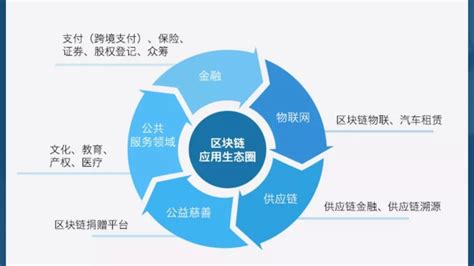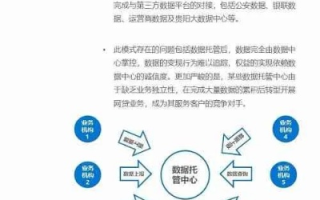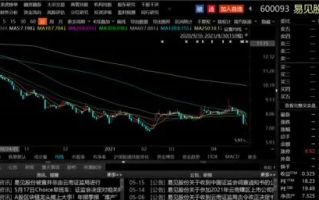Title: Exploring the World of Blockchain Management and Applications
Blockchain technology has emerged as a revolutionary force across various industries, offering unprecedented transparency, security, and efficiency. In the realm of blockchain management and applications, professionals navigate a complex landscape of decentralized systems, cryptographic principles, and innovative use cases. Let's delve into this fascinating domain, exploring its core concepts, practical applications, and future prospects.
Understanding Blockchain Technology
At its core, blockchain is a distributed ledger technology that enables the secure and transparent recording of transactions across a network of computers. Key attributes of blockchain include:
1.
Decentralization
: Unlike traditional centralized systems, blockchain operates on a decentralized network, where every participant (node) stores a copy of the ledger. This decentralized architecture enhances security and resilience, as there is no single point of failure.2.
Immutability
: Once data is recorded on the blockchain, it cannot be altered or tampered with retroactively. This immutability is achieved through cryptographic hashing and consensus mechanisms, ensuring data integrity and trust.3.
Transparency
: All transactions on the blockchain are transparent and verifiable by all participants. This transparency fosters trust among users and eliminates the need for intermediaries in many processes.Applications of Blockchain Management
Blockchain technology has farreaching implications across various industries. Some notable applications include:
1.
Finance and Banking
: In the finance sector, blockchain facilitates faster and more secure crossborder payments, eliminates intermediaries in asset trading, and enables programmable financial instruments such as smart contracts.2.
Supply Chain Management
: Blockchain enhances supply chain transparency by tracking the movement of goods from manufacturer to end consumer. It helps in verifying the authenticity of products, preventing counterfeiting, and optimizing logistics processes.3.
Healthcare
: In healthcare, blockchain improves data interoperability, secures electronic health records (EHRs), and enables patientcentric care models. It ensures the privacy and integrity of sensitive medical data while enabling seamless data sharing among healthcare providers.4.
Identity Management
: Blockchainbased identity management systems offer a secure and decentralized solution for managing digital identities. Users have control over their personal data and can selectively share it with trusted parties, reducing the risk of identity theft and fraud.5.
Digital Voting
: Blockchain has the potential to revolutionize voting systems by ensuring transparent, tamperproof, and auditable elections. It eliminates concerns about voter fraud and enhances voter trust in the electoral process.Challenges and Future Trends
Despite its immense potential, blockchain technology faces several challenges, including scalability limitations, regulatory uncertainty, and interoperability issues. Addressing these challenges requires ongoing research, collaboration, and innovation within the blockchain community.
Looking ahead, some key trends shaping the future of blockchain management and applications include:
1.
Interoperability
: Efforts to enhance interoperability between different blockchain networks will enable seamless data exchange and interoperability across disparate systems.2.
Scalability Solutions
: Innovations such as sharding, layer2 scaling solutions, and consensus algorithms improvements aim to address blockchain's scalability limitations, enabling it to support a broader range of applications and transactions.3.
Regulatory Frameworks
: Clear and supportive regulatory frameworks will play a crucial role in fostering blockchain adoption and innovation, providing legal certainty for businesses and users alike.
4.
Integration with Emerging Technologies
: Blockchain is increasingly being integrated with other emerging technologies such as artificial intelligence (AI), Internet of Things (IoT), and 5G networks, unlocking new synergies and use cases across industries.In conclusion, blockchain management and applications represent a dynamic and evolving field with vast potential to transform industries and redefine how we transact, communicate, and interact in the digital age. By understanding its core principles, exploring diverse use cases, and addressing key challenges, professionals can harness the power of blockchain to drive innovation and create value in the years to come.
[Closing: This brief exploration provides a glimpse into the multifaceted world of blockchain management and applications. As this technology continues to mature and evolve, its impact on industries and societies worldwide is poised to grow exponentially.]
标签: 区块链技术应用这个专业有啥前景 区块链管理与应用专业学什么 区块链与管理学 区块链相关专业 区块链技术与应用学什么课程







